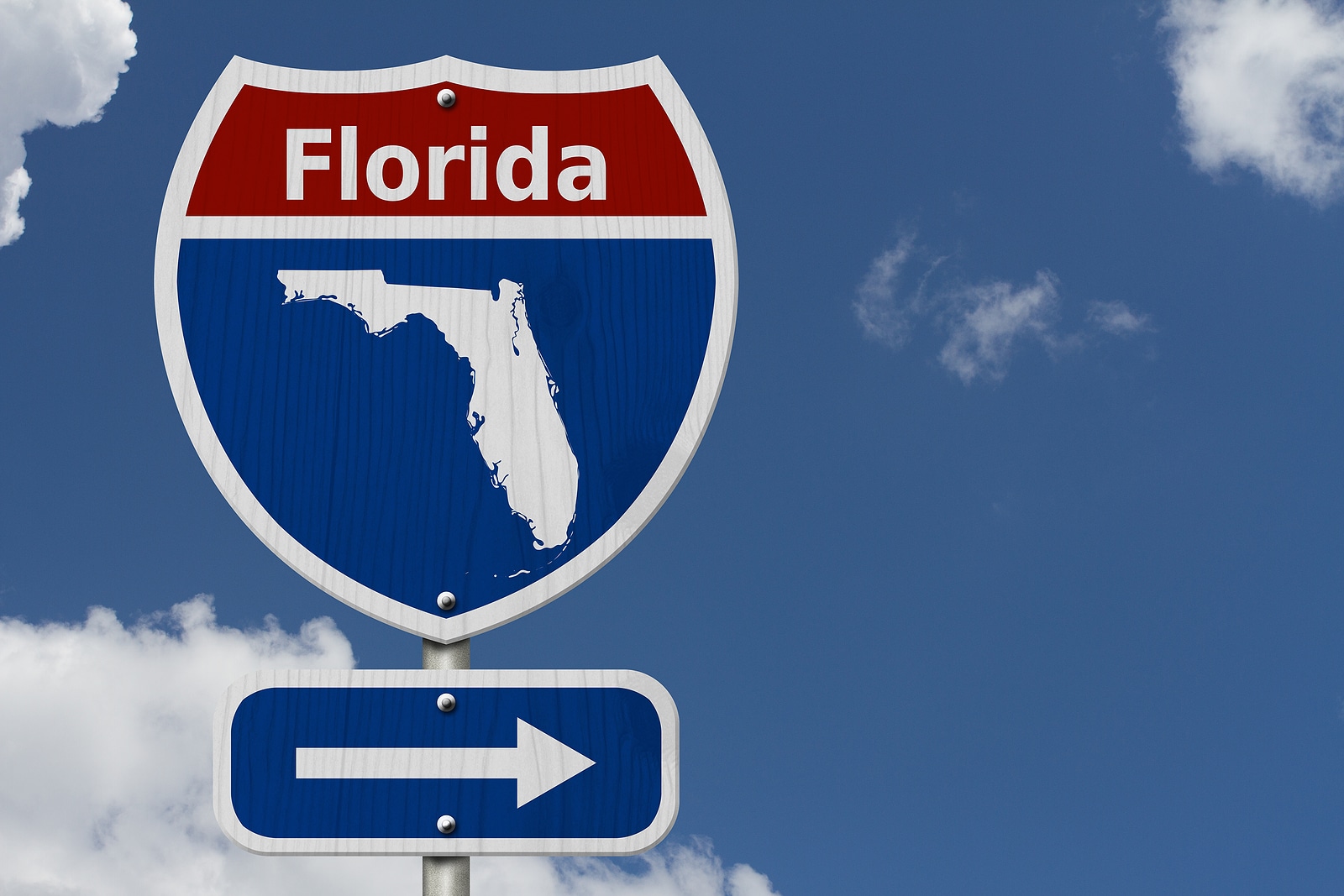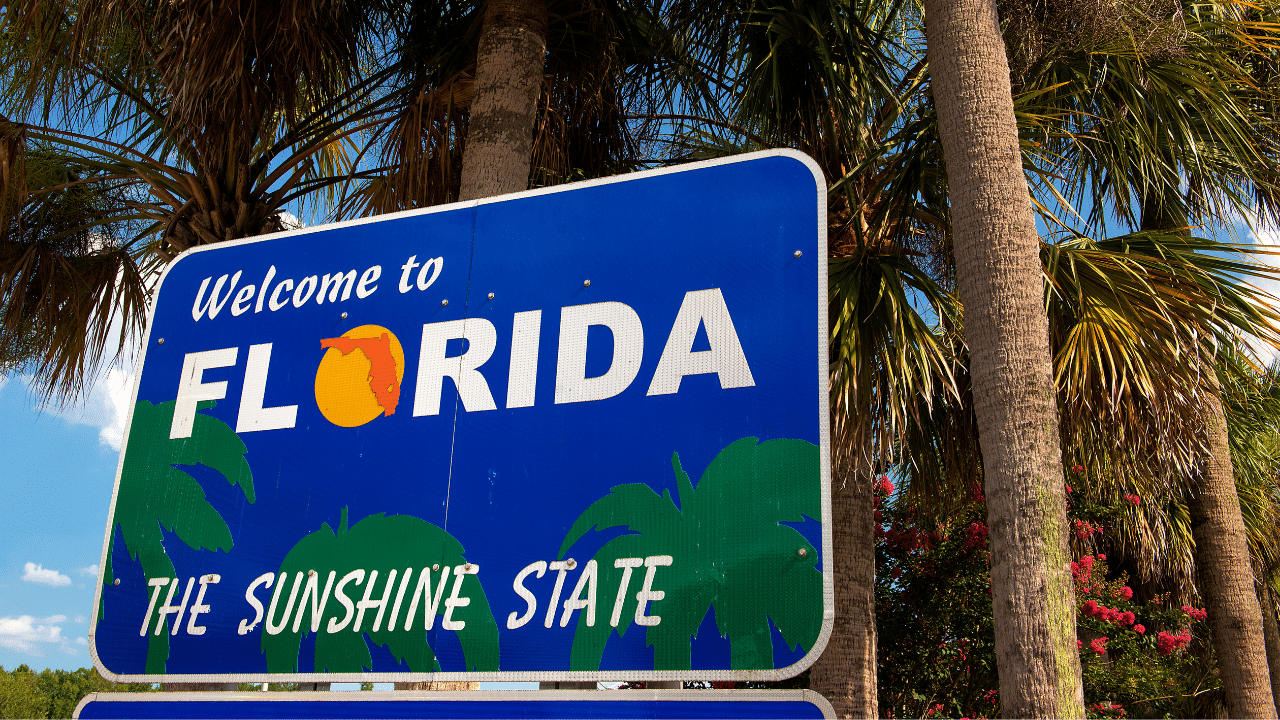Each day, 1,000 people move to the Sunshine State, primarily from within the United States. There are many reasons that people are moving to Florida, from the weather, the business climate, or the favorable tax rates. While South Florida contains several expensive metropolitan areas, the cost of living remains dramatically lower than the northeastern regions, particularly around New York, Boston, New Jersey, or Washington, D.C.

Most areas around moving to Florida focus on real estate matters, the areas around domicile and residency are very important. While relocating within the United States is straightforward, high tax states like New York, New Jersey, and California are not happy about losing their tax base. These states will attempt to challenge your new domicile, attempting to attach their tax rates to your income long after you’ve left.
If you are picking up and taking a corporate job, these issues will generally not apply to you, though they may challenge you on the partial year if you don’t work diligently to relocate, but if you own a business or property in your former state, you should be prepared to fight off a state revenue department’s attempt to continue collecting income taxes from you.
The advantages to being a Florida resident include the obvious ones like no state income tax, but there are less obvious benefits as well. When you establish a homestead of your primary residence, you get a reduction in the milage for the property taxes, as well as a limit on the state’s ability to increase your valuation under the Save Our Homes Act.
We speak with people moving to Florida every week, and have established a system of helping people quickly move their tax domicile to Florida. By quickly documenting your move, you can establish your residency and deny your former state’s ability to tax you, particularly if you are traveling between states or earning income with remote work to your former state.
















